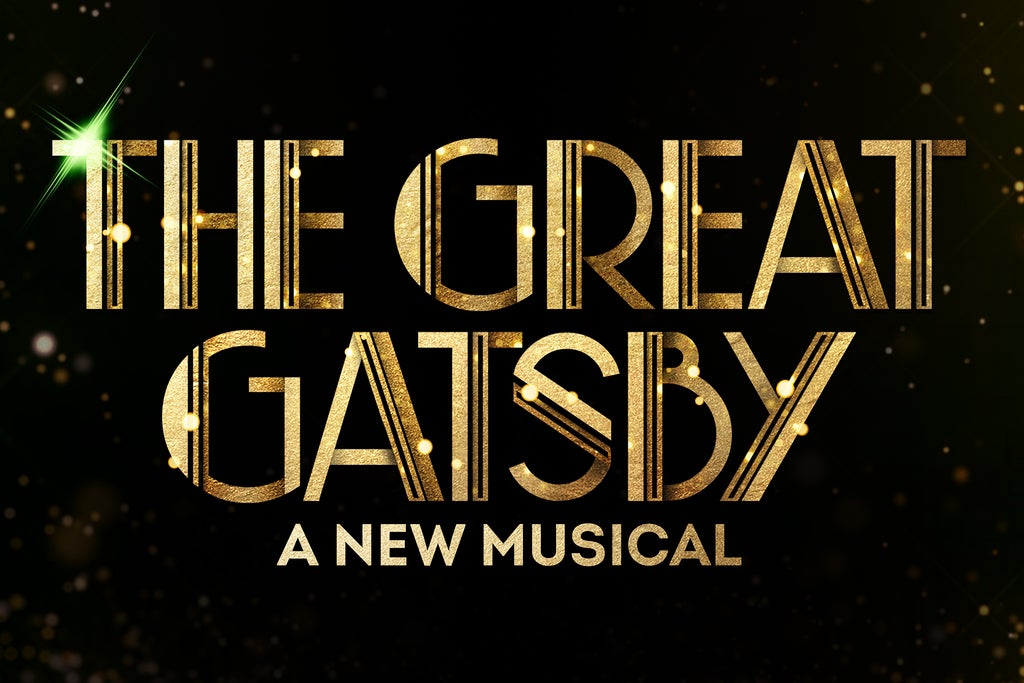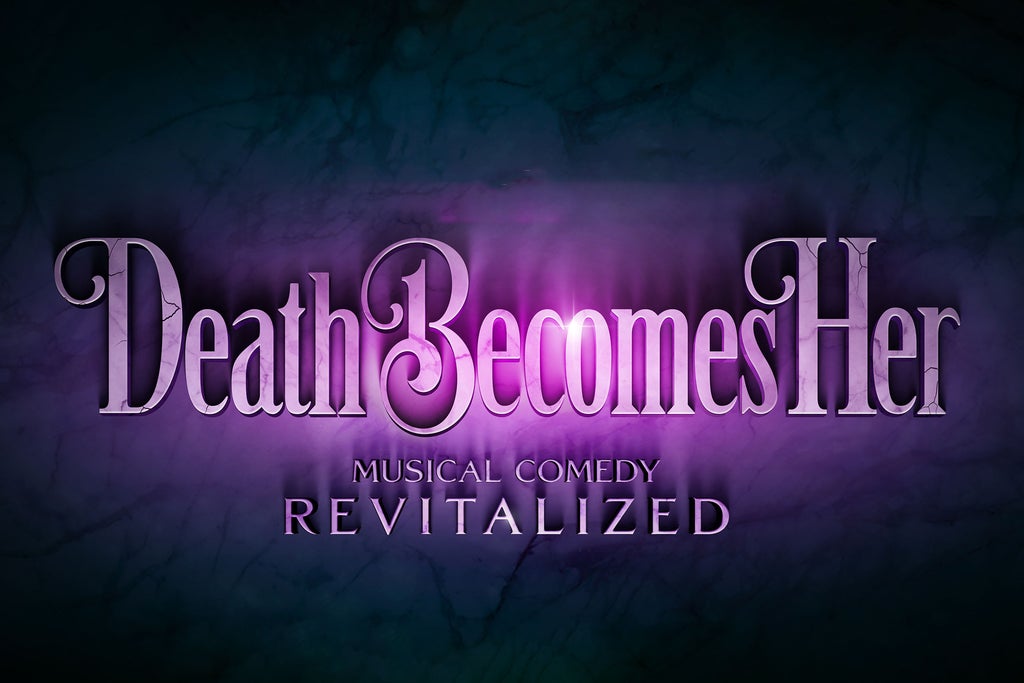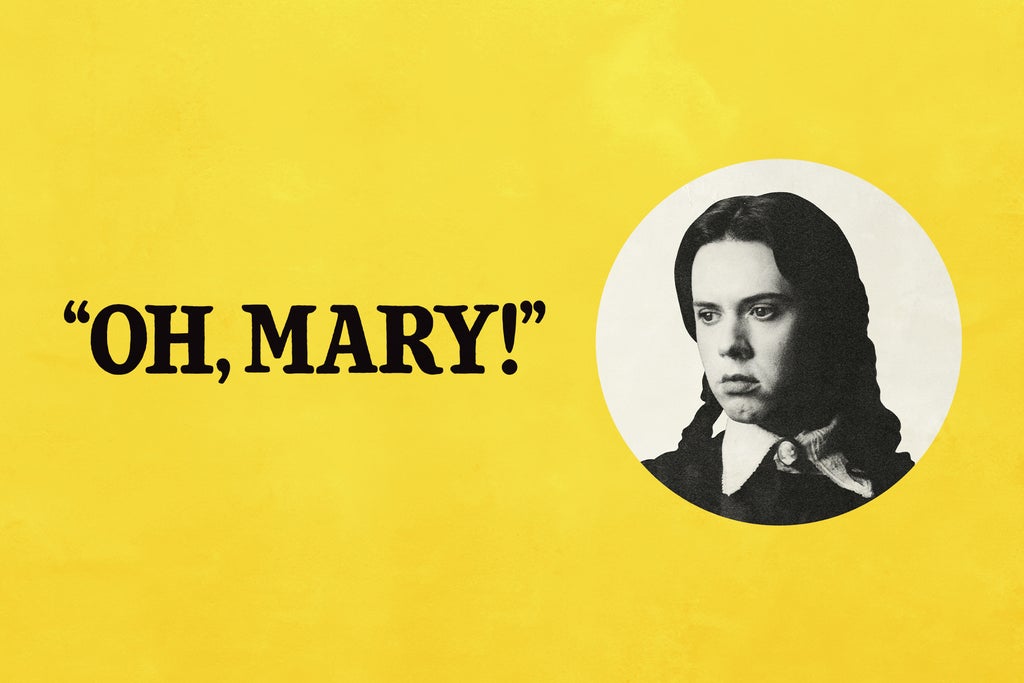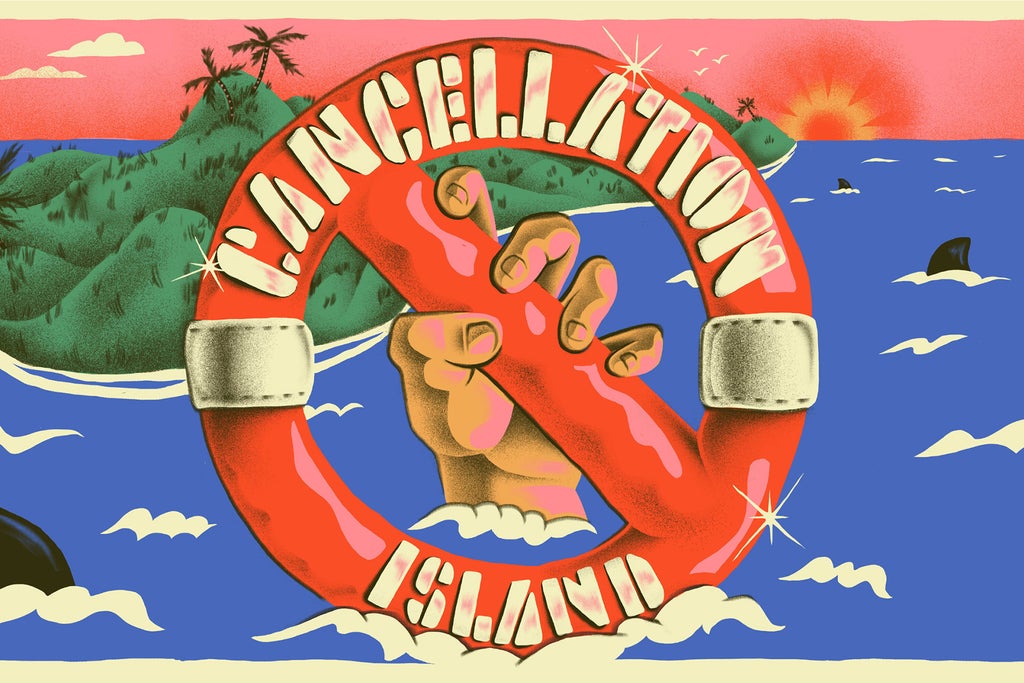Even if you buy that argument, your tolerance for its expression may be greater than mine. I don’t feel improved, enlightened or even chastened by a furious man repeatedly cracking a bullwhip in my direction. Nor was I amused by the dragooning of theatergoers brought onstage to witness atrocities or, at another point, to be turned, without warning, into slaves at an auction. The close-ups of their faces, as they crumple or freeze in the act of realization, are devastating, and not just for those undersold at $1. The devastation is of course the point. Everything “Dark Noon” chooses to explore figuratively was once quite literal to its victims. That there were millions of those victims lends moral importance to the endeavor — all the more reason it must be done well. But the play’s format seems to have gotten away from its values, creating a disturbing symbolic alliance between the storytellers and the perpetrators. It is no longer a representation of cruelty; it is cruel.
Critics' Reviews
Review: In ‘Dark Noon,’ American History Is a Shoot-’Em-Up Western
DARK NOON: AMERICAN WILD WEST IN DARK SOUTH AFRICAN VIEW
What impressed me about the hyperkinetic piece — written and directed by the Danish Tue Biering, co-directed and choreographed by Nhlanhla Mahlangu — is its recognizing the marked difference between the lessons learned by American youth of the DuMont days and the takeaways that the South Africans reaped at a later date. Put succinctly, stateside viewers were indulged in visions of what could be distilled to a Cowboys-and-Indians ethic. They (we?) were shown partial truths indelibly integrated, a template for games played in local schoolyards. In contrast, South Africans were exposed to an up-close-and-personal look at white dominance of a country where other immigrants — slaves and the Chinese imported as cheap labor to lay the cross-country railroad — were seen as second-class citizens, or worse. (Is there any need to note it’s a cock-eyed assessment too often enduring today?)
'Dark Noon' review — American history dramatized with a twist
Dark Noon’s defining feature is the way the narrative can swing from over-the-top hilarity to darkly sobering in a matter of seconds. The episodic nature can wear a little thin at times, especially as the pioneer town advances and the focus spirals in different directions. Nevertheless, Dark Noon is an arresting story that packs a punch, especially performed in the country it so expertly lampoons. The show’s most poignant moment comes at the epilogue, when the actors cast off their roles and speak directly, earnestly, to the camera as themselves. One by one, they tell us about their childhoods in apartheid and post-apartheid South Africa, about the influence of the guns and violence gleefully portrayed in American movies, and the personal, real-life harm that was caused.
Off-Broadway Review: DARK NOON (St. Ann’s Warehouse)
The audience is seated on three-sides of a bare stage, but Johan Kølkjær’s setting won’t remain empty for long. Representing America, the sets are gradually built upon a dirty tarp as the performance progresses. A church will be constructed, as well as a merchant store, a bank, a politician’s office, a pioneer home, a Chinese restaurant, a bar and whorehouse, a jail, and an outdoor holding pen. Oh, and a railroad track runs down the center of the stage ending at the mines. Plus, the endless props by Marie Rosendahl Chemnitz, cameras displaying live filming of scenes as they take place (video designer Rasmus Kreiner), and microphones (sound designer Ditlev Brinth). By the end, there’s so much scenery that other spectators disappear from view. Stage Manager Svante Huniche Corell and his crew notably uphold the challenging staging, allowing the pandemonium to unfold with perfection








